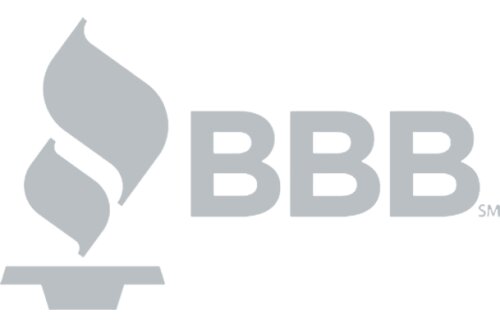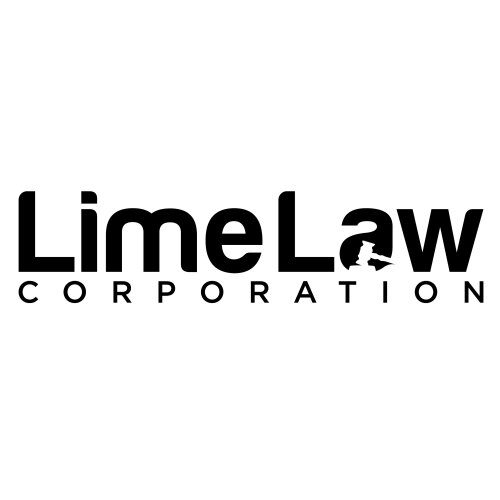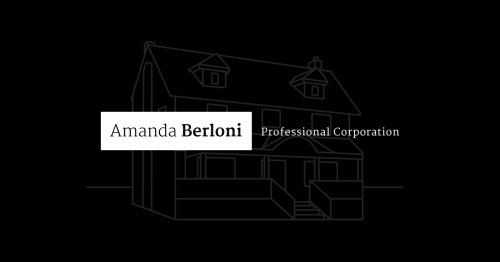Best FDA Law Lawyers in Canada
Share your needs with us, get contacted by law firms.
Free. Takes 2 min.
Or refine your search by selecting a city:
List of the best lawyers in Canada
About FDA Law in Canada
FDA Law, more appropriately referred to in Canada as food and drug regulatory law, pertains to the regulation, oversight, and enforcement of laws governing foods, drugs, natural health products, medical devices, cosmetics, and related products. These laws are primarily administered by Health Canada, the federal department responsible for helping Canadians maintain and improve their health. The key pieces of legislation include the Food and Drugs Act and its regulations, along with other sector-specific rules that ensure the safety, efficacy, and quality of products that reach Canadian consumers.
Why You May Need a Lawyer
There are numerous situations where individuals or businesses may require legal assistance in the field of FDA Law in Canada. Some common scenarios include:
- Bringing a new pharmaceutical drug, food product, cosmetic, or medical device to the Canadian market
- Responding to audits or inspections by Health Canada
- Handling product recalls or addressing health and safety concerns
- Navigating issues related to labelling, advertising, or claims made on products
- Dealing with alleged violations of the Food and Drugs Act or its regulations
- Seeking approval or licensing for new products or processes
- Challenging or responding to enforcement actions, such as product seizures or stop-sale orders
- Understanding the classification of products, such as the difference between food, natural health products, or drugs
Given the complexity and strict compliance requirements of FDA Law in Canada, having experienced legal guidance is often essential to avoid costly mistakes or penalties.
Local Laws Overview
FDA Law in Canada is structured primarily at the federal level, although some provinces and territories have additional rules and enforcement agencies. The central legislation is the Food and Drugs Act, which governs:
- Foods
- Drugs (including both prescription and over-the-counter drugs)
- Natural health products
- Medical devices
- Cosmetics
Health Canada is the main authority enforcing these laws. It reviews products before market authorization, monitors compliance, and has the power to issue recalls, warnings, and sanctions. Other important regulations include the Consumer Packaging and Labelling Act, the Controlled Drugs and Substances Act, and the Safe Food for Canadians Act. Companies and individuals must ensure that their products meet all requirements relating to safety standards, labelling, advertising, manufacturing practices, and reporting of adverse events. In addition, importation and export controls may apply to certain products.
Frequently Asked Questions
What is considered a “drug” under Canadian law?
Under the Food and Drugs Act, a drug is defined as any substance or mixture of substances manufactured, sold, or represented for use in the diagnosis, treatment, mitigation, or prevention of a disease or its symptoms or for modifying organic functions in humans or animals. This includes everything from prescription medications to over-the-counter remedies and some natural health products.
How does a company get approval to market a new drug in Canada?
To market a new drug, the manufacturer must submit a New Drug Submission to Health Canada, providing evidence of the product's safety, efficacy, and quality. Health Canada reviews the submission and, if satisfied, issues a Notice of Compliance, authorizing marketing in Canada.
Are natural health products regulated differently than drugs?
Yes, natural health products are subject to specific regulations under the Natural Health Products Regulations of the Food and Drugs Act. They require a product licence and must meet specific labelling, safety, and efficacy requirements unique to their category.
What are the requirements for food labelling in Canada?
Food labelling in Canada must comply with the Food and Drug Regulations and the Consumer Packaging and Labelling Act. Key requirements include ingredients listing, nutrition facts table, identification of allergens, product name, net quantity, and the name and address of the manufacturer. All claims must be truthful and not misleading.
Who is responsible for enforcing FDA Law in Canada?
Health Canada is the primary authority responsible for enforcing food and drug laws at the federal level. The Canadian Food Inspection Agency (CFIA) also plays a significant role in regulating and enforcing food safety standards.
What are the penalties for violating FDA Law in Canada?
Penalties can range from fines and cease-distribution orders to product recalls and even criminal charges in severe cases. Enforcement actions can also include warning letters, product seizures, and public notification of violations.
Can products be recalled under FDA Law in Canada?
Yes, both Health Canada and CFIA have the authority to order recalls of food, drugs, medical devices, or other regulated products if they pose a health risk or violate regulatory requirements. Companies are also expected to voluntarily recall products when necessary.
Do imported products need to meet Canadian FDA Law standards?
Yes, all imported foods, drugs, medical devices, and other regulated products must meet the same safety, efficacy, and labelling standards as products manufactured in Canada. Importers are responsible for ensuring compliance before products enter the Canadian market.
How are clinical trials regulated in Canada?
Clinical trials for drugs and medical devices are strictly regulated by Health Canada, which must review and approve trial protocols to protect study participants and ensure integrity in the research process. Trials must meet specified standards for ethical conduct and reporting.
Where can businesses or individuals get advice about FDA Law in Canada?
Legal professionals with expertise in food and drug law, as well as regulatory consultants, can provide guidance. Businesses and individuals can also consult Health Canada and CFIA for information and advice on compliance matters.
Additional Resources
- Health Canada - The main government body overseeing food and drug regulation and enforcement nation-wide.
- Canadian Food Inspection Agency (CFIA) - Enforces food safety, labelling, and import-export requirements.
- Drug and Health Product Register - Provides up-to-date information on approved drugs and health products in Canada.
- Legal clinics and professional associations - May offer guidance or referrals for specialized regulatory law advice.
- Government of Canada websites - Offer a range of publications, guidance documents, and updates on regulations affecting foods, drugs, and medical devices in Canada.
Next Steps
If you believe you need legal assistance related to FDA Law in Canada, consider the following steps:
- Identify the specific area of concern, such as product approval, labelling, compliance issues, or enforcement actions.
- Gather all relevant documents and correspondence, including regulatory notices, product testing records, and marketing materials.
- Contact a lawyer or legal professional with a strong background in Canadian food and drug regulatory law.
- Review governmental and regulatory resources to better understand your obligations and rights.
- Work with your legal advisor to develop a compliance plan or to respond to any regulatory actions or investigations.
Remember, proactive legal consultation can help prevent issues before they arise and ensure that your products comply fully with Canadian law.
Lawzana helps you find the best lawyers and law firms in Canada through a curated and pre-screened list of qualified legal professionals. Our platform offers rankings and detailed profiles of attorneys and law firms, allowing you to compare based on practice areas, including FDA Law, experience, and client feedback.
Each profile includes a description of the firm's areas of practice, client reviews, team members and partners, year of establishment, spoken languages, office locations, contact information, social media presence, and any published articles or resources. Most firms on our platform speak English and are experienced in both local and international legal matters.
Get a quote from top-rated law firms in Canada — quickly, securely, and without unnecessary hassle.
Disclaimer:
The information provided on this page is for general informational purposes only and does not constitute legal advice. While we strive to ensure the accuracy and relevance of the content, legal information may change over time, and interpretations of the law can vary. You should always consult with a qualified legal professional for advice specific to your situation.
We disclaim all liability for actions taken or not taken based on the content of this page. If you believe any information is incorrect or outdated, please contact us, and we will review and update it where appropriate.
Browse fda law law firms by city in Canada
Refine your search by selecting a city.














